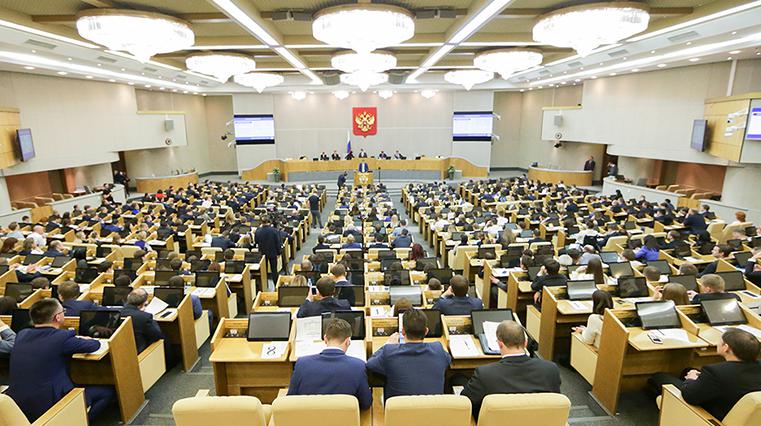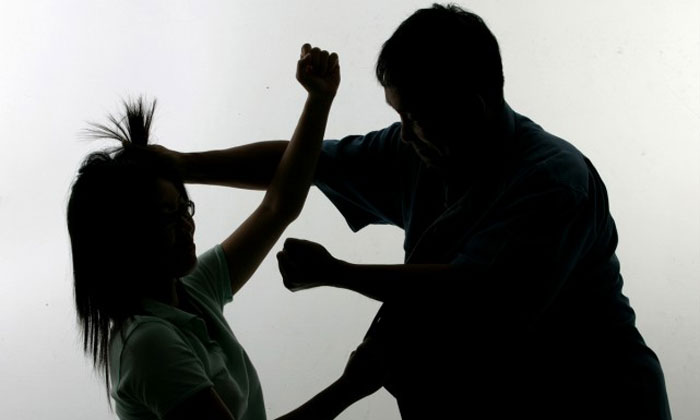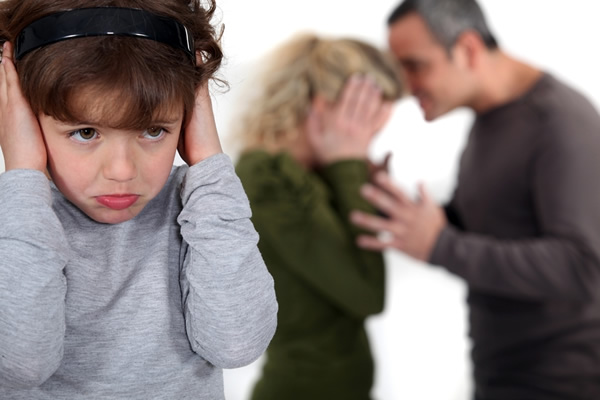The law on decriminalization of beatings in the family was adopted in early 2017. However, disputes about him have not subsided so far. Why has the law generated so much controversy and scandal? What is its contradiction? We will try to understand our article.
What are the beatings?
In jurisprudence, beatings are a type of violence, the result of which is not significant damage to human health. Types of beatings are fixed in the order of the Ministry of Health. These include minor abrasions, bruises, bruises, bruising, and other minor soft tissue injuries. In this case, a person should not receive a short-term health disorder that could lead to the loss of disability. Indeed, in this case we will talk about causing slight harm to health - a more serious phenomenon than beating.
Beatings should not be confused with torture. In the Criminal Code, these are completely different categories. If beating is an easy and short-lived form of violence, then torture is a systematic act that is dangerous to human life or health.
Beatings in the family
In the adopted law, the concept of family does not exist. We are talking about close people, which means spouses, parents, children, grandchildren, brothers or sisters, as well as grandparents. At the same time, father-in-law, father-in-law or mother-in-law, matchmakers, daughter-in-law and other relatives are not considered close people. Why is this so important? Russian law distinguishes between family beatings and beatings inflicted on a close friend. In the latter case, a case of hooliganism will be instituted. Domestic violence stands out as a separate legal group.

So what will be considered beating in the family? Suppose a husband stabbed his wife in the face. A bruise occurred at the site of the impact, a phenomenon that can be categorized as “beatings”. However, a wife will only be able to sue her husband under articles of “hooliganism” or “insult”. If the husband inflicted several blows to his wife, but in such a way that the victim did not receive any harm to his health, then this will be considered as beating.
Reason for decriminalizing family beatings
First you need to understand what constitutes decriminalization. In the Russian legal system, there are concepts of disposition and sanction. Disposition means a specific action, and sanction means a punishment for it. Sanctions come in several forms. The most common forms are criminal and administrative. Criminal sanctions are considered criminal. Until recently, they were used against persons whose fault was the beating. However, lawmakers decided to remove the beatings in the family from the criminal law. Decriminalization has occurred.

What is the reason for the decision of the legislators? In the summer of 2016, a law was passed mitigating the punishment for the first beatings. However, the norms of this law did not apply to loved ones: for beating in the family it was still possible to be imprisoned. Senator Elena Mizulina did not like this situation. She developed a project, which was popularly called the "spanking law". Mizulina proposed decriminalizing domestic violence. She referred to cases where parents were criminally punished for assaulting their children.
The problem of domestic violence
The Family Beating Act, passed in January 2017, immediately sparked a lot of controversy. Supporters of the initiative advocated non-interference by the state in family affairs, opponents pointed to the possible negative effect of the law.However, no one denied the problem of increased violence in Russian families.

According to the Ministry of Internal Affairs, in 2013, about 40 thousand people suffered from violence from loved ones. Three quarters of the victims are women. Real numbers are much larger. Human rights activists argue that most victims of domestic violence simply do not report the incident to the police. Victims are afraid to complain, or do not see any sense in this. A considerable part of women even believe that beating from a husband is normal.
Will the abolition of criminal penalties for beatings in the family affect the statistics? There are different opinions on this.
The impact of the law on rising domestic violence
The removal of criminal liability for beatings in the family will negatively affect the situation with domestic violence. The overwhelming majority of experts are convinced of this. The fact is that most Russian men are confident in the priority of the patriarchal system. They value themselves as "owners", and therefore do not hesitate to use physical force against households. The adopted law does not struggle with the behavior of aggressors.

Domestic violence is not a crime. Such a thesis gives new life to many old stereotypes. “Beats - it means it loves”, “it’s your own fault”, “good with fists” - all these arguments will only get stronger in the marginalized sections of society. But in fairness it should be noted that the law does not completely untie the hands of rapists and aggressors. New legal norms form a two-stage system of responsibility - a little more complex than previously existed.
New system of liability for family beatings
For violent acts in the family, now you can only get off with an administrative fine. However, this punishment is applicable only for the first time. If the aggressor does not stop and continues to behave incorrectly, the state imposes criminal liability on him. Thus, the law did not completely decriminalize domestic violence, but only delayed criminal punishment. This is necessary, according to lawmakers, for preventive purposes.
Most experts doubt the effectiveness of the developed liability system. Decriminalization will not heal, but only exacerbate the situation with beatings in families. The abolition of criminal punishment for an initial violation of the law will lead to intra-family strife, which is fraught with continued violence. A fine in the amount of five to 30 thousand rubles will be exacted from the culprit. Money will thus be withdrawn from the family budget. This situation directly proves that the adopted law will contribute to the growth of violence. Previously, victims could write a statement to the aggressor, after which the latter went to prison. Now there is no such possibility. Victims can either tolerate violence or resolve the situation on their own.
What to do next?
Any family relationships remain a very subtle substance closed from the outside world. Most spouses cannot break up immediately after a disagreement. They are held together by children, common property, material and psychological dependence. The same goes for the relationship between parents and children. Young children are often unable to talk about violence by their representatives. In cases with elderly parents it is still more difficult. It can be very difficult for old people to complain about their children - even if they are aggressive, angry and inadequate.

The head of the human rights organization “No Violence” believes that the country needs a new, high-quality law against family beatings. Articles of this law should provide for all possible cases of domestic violence. It is necessary to distinguish between beating in the matrimonial environment with the "slaps" that Elena Mizulina spoke of. For violent households, special crisis centers should be created. Victims of violence should receive timely psychological assistance.
The opinion of Russians about the law
VTsIOM cited data according to which 79% of Russians condemn domestic violence. However, mitigation of punishment for beatings in the family is considered normal by 59% of Russian citizens. Most of the respondents believe that the adopted law will contribute to reducing the number of family beatings.

Why do Russians speak so warmly about the adopted law? It is all about the support of the authorities and the negative attitude towards juvenile justice. Most citizens are convinced that parents should not be punished for light beatings inflicted on children. At the same time, Russians are turning a blind eye to the other, darker side of the law. The initiative taken gives home aggressors confidence in their actions. In addition, the scandal surrounding the law has contributed to its popularity. Little-educated citizens, having heard about the decriminalization of family beatings, do not consider it necessary to fully familiarize themselves with the contents of the document. They may think that any of their actions against household members may indeed go unpunished.
Advantages and disadvantages of the law
It is necessary to make a small summary, bringing together all the pros and cons of the law. Of the advantages of the project, a really useful system of responsibility should be highlighted. Family buoys may be given a second chance. Some rapists are aware of the destructiveness of their actions and correct.

The law has many more shortcomings. This is a remote opportunity to legally get rid of the rapist in the family, the content of a number of incompatible norms (about "spanking" and serious violence), the impact on the statistics of misconduct, and much more. The country needs a more serious and detailed law that would cover all cases of domestic violence.